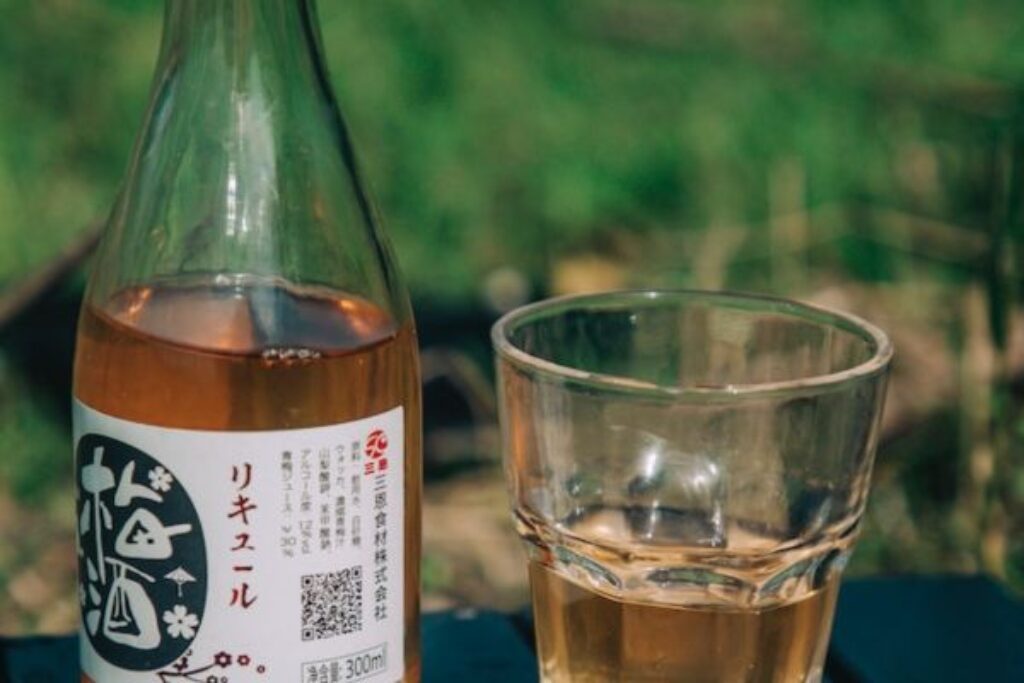Cooking wine can enrich the taste of a dish into a next level. Hence, incorporating wine into dishes is a common technique for elevating the flavours of plant-based dishes. Cooking wine is either a bottle of the wine we drink normally or a bottle of cooking wine.
First of all, cooking wine are two fold – vegan wine and non-vegan wine. The main difference is whether animal-derived ingredients are used during the production process of wine. When you choose a wine for cooking, you need to pay attention to this.

The taste of wine
Different types of alcohol are derived from various fruits or grains, resulting in distinct flavours. However, one common element is alcohol itself. When using alcohol in cooking, it is suggested not to use some wine with excessively high alcohol concentration. If the alcohol concentration is too high, it will contribute to more than 1% of the overall dish. Then, it can impart a bitter or sharp alcoholic taste that may overpower or compromise the original flavour of the dish.
Wines, beers, apple ciders, shaoxing wine, rose wine, brandy, and etc. can all be used to enhance dishes, such as stewed dishes, sauces, sautéed dishes, desserts, and even BBQ. When we add some wine into dishes during cooking, wine can not only add it original flavour into it, but also add one or more layers of flavour into the cuisine. For example, the sugar in wine can add sweetness to the dish; the acidity can balance the flavours; and the amino acids in wine can contribute to umami. Therefore, the wine used for cooking is recommended to be a good wine, because cooking can often cause the alcohol’s volume to reduce while intensifying its flavour.
Moderate amounts of cooking wine can help eliminate the smell from freezer when marinating some frozen food.
As with everything, there are pros and cons. Properly using wine in cooking can indeed enhance the layers of flavour. However, if wine is added at a high temperature, alcohol will evaporate too quickly. Then, it can cause the dish to become excessively acidic or even bitter. Besides, it is not recommended to use vintage wine for cooking.
The relationship between alcohol concentration and cooking
It is true that alcohol evaporates during cooking, but does it truly evaporate entirely?
The longer the cooking time, the more alcohol will evaporate. However, there will still be residual alcohol. When you cook a dish for about 15 minutes, the alcohol in the dish retains 40% of its alcohol in total; when you cook it for 30 minutes, the alcohol in the dish retains 35% of its alcohol in total, and so on. After cooking for 2 hours and 30 minutes, the alcohol in the dish will still retain its 5% alcohol*.
Some chefs of restaurants like to use fire on the finished dishes in front of the customer so as to increase the dishes appearance visually. The alcohol used in fire cooking needs 30% alcohol concentration, otherwise it will not be able to burn. The fire burns in the air above the dish. Afterwards, the dish will retain at least 60% of its alcohol*.
Cooking wine
There are many different wines that can be used in cooking. Each has its own unique qualities.
- When we choose white wine for cooking, we would better choose wines that are not overly sweet and lack acidity, such as Chardonnay or Pinot Blanc.
- When we choose red wine for cooking, we would better opt for high-quality, young red wines with a full body, like Burgundy or Mâcon.
- When we choose some Chinese wine for some unique flavour, Rose wine is a good option. Its concentration is usually more than 40%.
- Port wine is commonly used for flavoring sauces.
- Madeira wine is often used for flavoring sauces.
- Brandy can be used for sauces, desserts, and flaming fire on the finished dishes.
Wine storage
We need to draw attention to how to store a bottle of wine well. Otherwise, the wine will be spoiled. If wine is stored upright for too long, the cork can dry out, allowing air to enter the bottle and spoil the wine. Therefore, it is great if we can store a bottle of wine in a dark, well-ventilated and cool place with a stable temperature range between 10 and 18 Celsius degrees.
Using wine during cooking can enhance the flavours of plant-based cuisines. If we can know more about the flavour knowledge behind wine and master the key of the reaction between wine and cooking, we can make many delicious dishes as you like at home.
Note: *The data are from “The Science Of Cooking” by Dr. Stuart Farrimond






